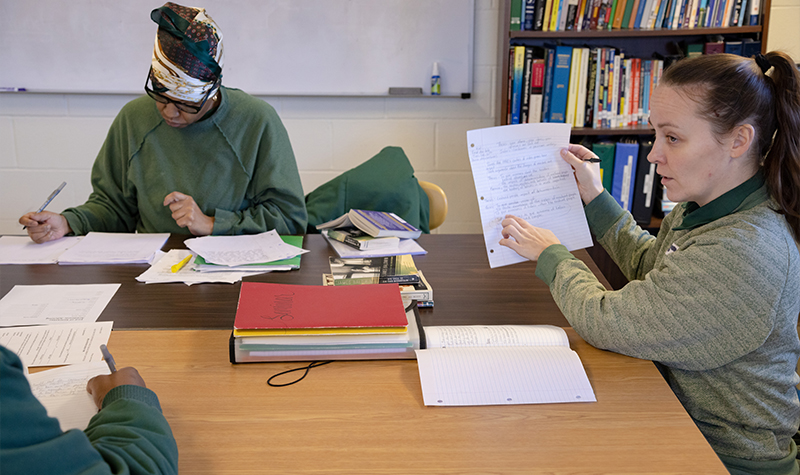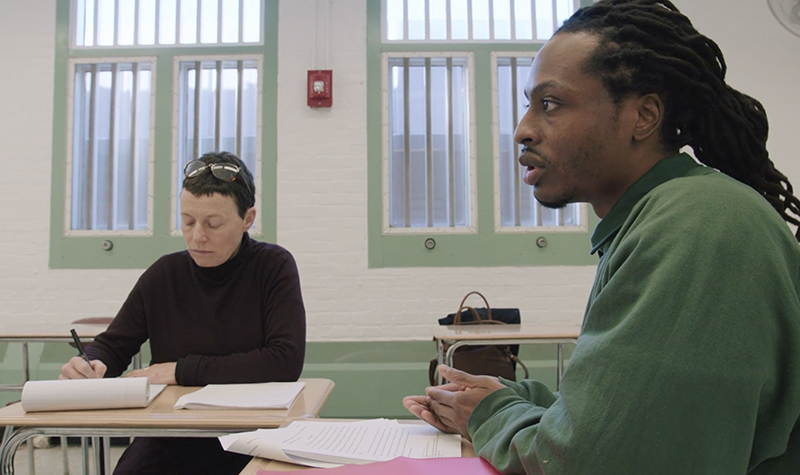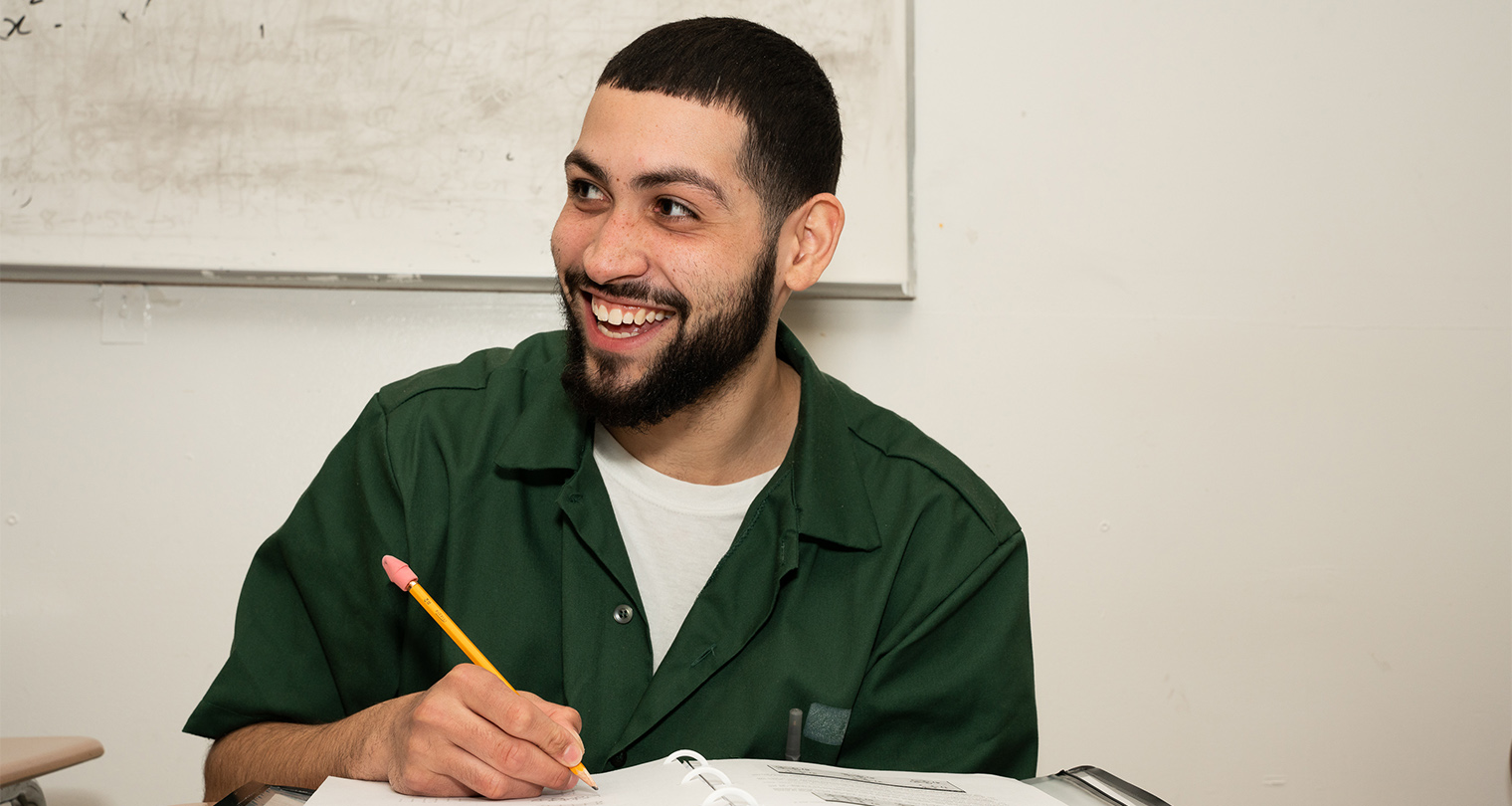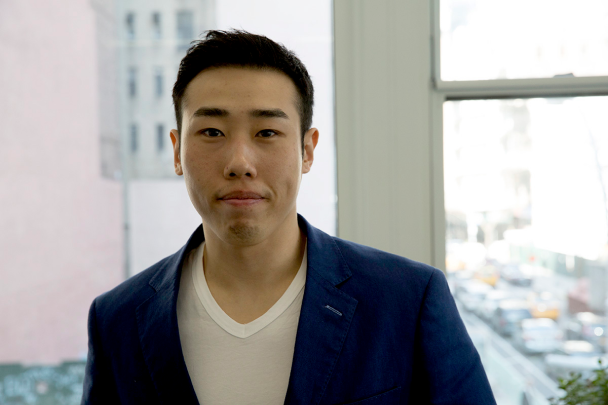BPI cultivates habits of inquiry, dialogue, and engagement through a distinctive writing-based curriculum. From Language & Thinking through Senior Project, Bard students learn to read closely and question carefully. Foundational academic skills are taught through rigorous, credit-bearing courses.
College Writing

Students take a minimum of six academic writing courses, through which they learn multiple strategies for effective written communication.
B.A. Seminars

B.A. Seminars prioritize the development of advanced academic writing and prepare students to moderate into a major and to write senior projects.
Senior Project

The Senior Project is the culmination of the Bard College bachelor’s degree program. Students research and write an original, individual project within their chosen area of study, working closely with an advisor in that field.
Explore Senior Projects
The Influence of Global Elites on American Foreign Policy toward Cuba: Corporate Coercive Diplomacy, Human Rights, and Bacardí
Space, Time, Punishment, and Human Resilience
The Mathematics of Cancer: Fitting the Gompertz Equation to Tumor Growth
Combinatorial Game Symmetry: Encountering the Odd Multiple of K
Applications of Graph Theory to the Analysis of Chaotic Dynamical Systems and Complex Networks
The Native American and the Question of Identity: A Discourse in Native American Contemporary Fiction
Games and Teaching Analysis: A Linear Algebraic Approach to the Nash Equilibrium with Application to Big Med
Hancy Maxis ’15
Hancy uses applied economics to demonstrate that hospital systems can be both profitable and community-oriented.
The Model and the Mirror: Guatemala’s Cultural Dynamics in Perspective
Secrets within the Playhouse: A Shakespearean Guide to Women’s Liberation
Messianic Black Body: From the Raging Waters of the Tallahatchie River and the Burning Streets of Ferguson, Missouri
Rodney Spivey-Jones ’17
Rodney’s Senior Project is now revised and published as a two-part series in The A-Line, a journal of progressive thought.
Read More
